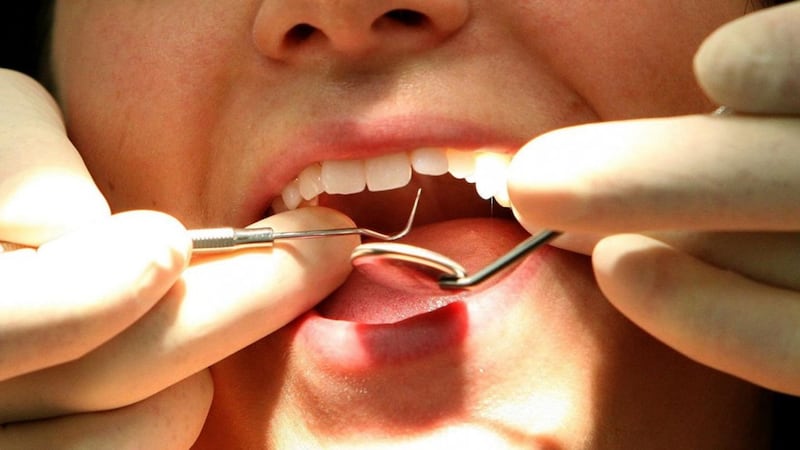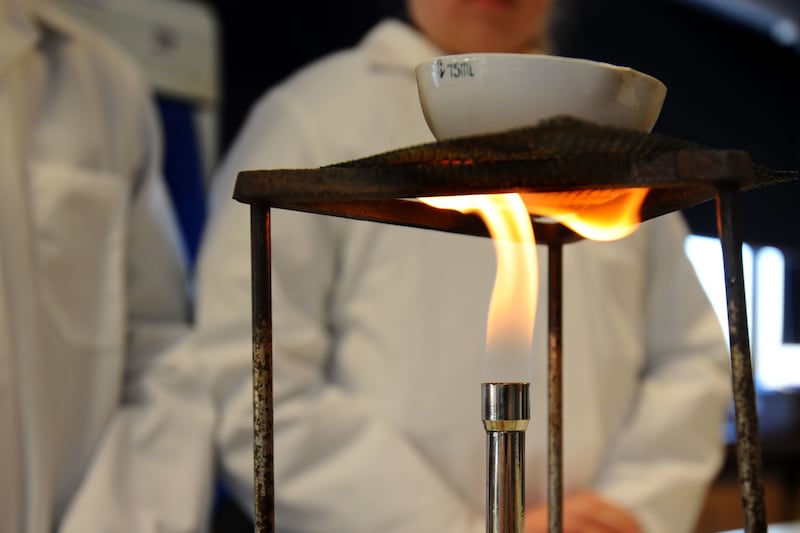If you are one of those who dreads the dentist’s drill and hates getting cavities filled, maybe this latest scientific breakthrough will bring joy to you and your pearly whites.
It appears scientists may have found a way to naturally regrow damaged teeth – by using a drug designed to treat Alzheimer’s disease.
Researchers at King’s College London (KCL) found that Tideglusib – which has previously been used in clinical trials to treat neurological disorders including Alzheimer’s – enhances the natural ability of teeth to repair themselves and create new dentine to fill large cavities.
Teeth already have the capability to repair small areas of damage but when the holes become too large, artificial cement has to be used to prevent further damage.
Professor Paul Sharpe, lead author of the study, said: “The simplicity of our approach makes it ideal as a clinical dental product for the natural treatment of large cavities, by providing both pulp protection and restoring dentine.
“In addition, using a drug that has already been tested in clinical trials for Alzheimer’s disease provides a real opportunity to get this dental treatment quickly into clinics.”
If a tooth is damaged or infected and the inner pulp is exposed, a band of dentine – the hard material that makes up most of the tooth – will attempt to seal off the pulp to prevent further infection.
The process involves stimulating stem cells – but it is insufficient to effectively repair large cavities.
And this is where Tideglusib comes in. The trial in mice showed that when the gaps in the teeth were filled with a biodegradable sponge soaked in the drug, the tooth was gradually able to rebuild itself.
As the sponge degraded, it was replaced by dentine, which scientists said, led to “complete, natural repair”.
If scientists can prove the treatment could work for humans, the drug could potentially reduce the need for fillings in the future.
The study is published in the journal Scientific Reports.








